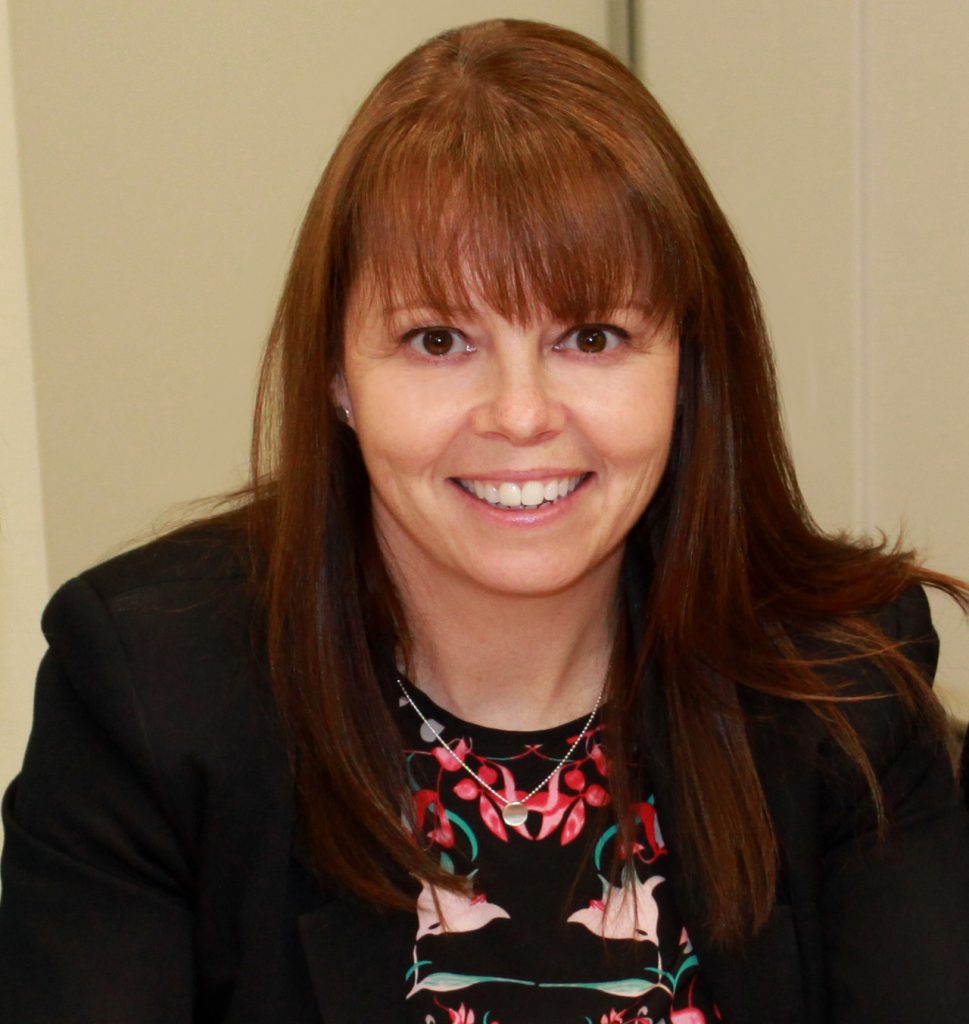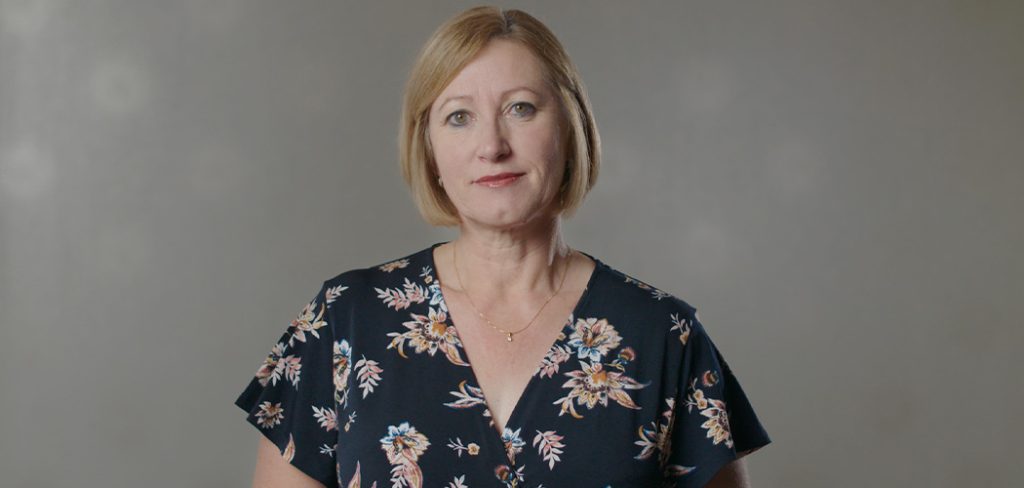In December 2024, Health Ministers approved a new Registration standard: Endorsement for scheduled medicines – designated registered nurse prescriber, paving the way for qualified registered nurses to prescribe Schedule 2, 3, 4 and 8 medicines in partnership with an authorised health practitioner who is an independent prescriber. This landmark change will take effect mid-2025.
REGISTERED NURSES (RNs) AND PRESCRIBING SCHEDULED MEDICINES
The Nursing and Midwifery Board of Australia (NMBA) has been developing a designated RN prescribing model since 2016.
Under the registration standard, qualified RNs will be able to prescribe within their competence and scope of practice in partnership with authorised independent prescribers, such as nurse practitioners or medical practitioners.
WHO CAN PRESCRIBE?
RNs with at least three years’ clinical experience will be eligible to apply for endorsement with the NMBA as designated registered nurse prescribers after completing postgraduate education.
Post-endorsement, applicants will undergo a six-month clinical mentorship with an independent prescriber before their competencies are assessed against the National Prescribing Service (NPS) Prescribing Competencies Framework.
EDUCATION AND TRAINING
RNs must complete additional postgraduate education approved by the NMBA and accredited by Australian Nursing and Midwifery Accreditation Council (ANMAC) leading to endorsement.
In January, ANMAC released the Registered Nurse Prescribing Accreditation Standards, which outline curriculum requirements for education providers.
These programs must teach and assess legal, medicolegal, ethical and professional principles and be aligned with the National Prescribing Competencies Framework.
Approved Programs of Study will be published on Ahpra’s website.
IMPACT ON CARE
The ability for RNs to prescribe scheduled medicines has been explored for years, with positive outcomes observed in comparable countries. Australia’s model aims to provide timelier, person-centred care by reducing waiting times and improving access to medicines.
IMPLEMENTATION
The rollout will likely vary across health services.
In some large hospitals, RNs in certain clinical areas will be encouraged to apply in a bid to streamline care and reduce wait times.
According to Julianne Bryce, Senior Professional Officer at the ANMF, the uptake will depend on the specific health service or employer. Some will be early adopters, while others may take a more cautious approach.
“The main benefit for patients will be quicker access to medicines, faster treatments, shorter stays, or even preventing hospital admissions.”
SAFEGUARDS FOR SAFE PRESCRIBING
To ensure safe prescribing, designated RNs and their partner independent prescribers will work within a clinical governance framework, employers will need to review existing governance frameworks for quality use of medicines (QUM) to support this prescribing model.
Designated RN prescribers will need to complete an extra 10 hours of continuing professional development (CPD) related to prescribing annually to maintain competence.
WORKLOAD IMPACT
Evidence suggests nurse prescribing improves healthcare teams’ efficiency, reduces referral needs, enhances patient satisfaction, and leads to better health outcomes.
Designated RN prescribers will have increased autonomy, professional growth, and be able to provide faster, more efficient care, especially to Australians in underserved areas.
WILL RN PRESCRIBERS BE PAID MORE?
The ANMF advocates for higher pay for designated RNs with prescribing responsibilities. This additional pay should take the form of an allowance.
RECOGNITION OF CURRENT PRESCRIBERS?
The ANMF argues that registered nurses with state-based prescribing recognition for rural and isolated practice should not be disadvantaged under regulatory reforms. The nurses should be granted recognition of prior learning and allowed to complete an ANMAC accredited and NMBA approved bridging program, at no additional cost.
INTERNATIONAL PERSPECTIVE
Countries like the UK and New Zealand have successfully implemented nurse prescribing models which have increased access to medicines, and reduced workloads for medical staff.
Research by the ANMF shows that nurse prescribing is safe and effective, particularly when supported by ongoing education and proper integration into healthcare systems.
In the UK, RNs reported that prescribing allowed for more patient-centred care, streamlined patient journeys, and better continuity of care. Barriers included time-consuming paperwork, insufficient training, and inadequate pay for additional responsibilities.
PREPARING FOR CHANGE
RNs interested in prescribing should explore approved programs, keep updated with NMBA developments, and seek advice from nurses with prescribing experience.
A survey found that more than 80% of Australian RNs are interested in becoming prescribers, signalling strong interest.
RNs should regularly check the NMBA website for updates.
The standard comes into effect on September 30 – click here
WHAT DO NURSES THINK?

“Designated registered nurse prescribing improves health outcomes by enabling timely, holistic care while reducing delays and easing pressure on healthcare systems. It’s a step toward a more efficient, accessible, and person-centred approach to treatment. It bridges gaps in access, especially in underserved areas, and allows RNs to use their expertise to its fullest potential.”
ANMF Senior Professional Officer Julianne Bryce

“Registered nurse prescribing has the potential to significantly enhance timely interventions and improve access to medications in underserved communities. However, it requires more than just the ability to write prescriptions; it demands robust post-graduate education and training in pharmacology, advanced assessment, and clinical decision-making. Nurse practitioners can mentor and support registered nurses who have completed this education, helping them develop their clinical expertise and smoothly transition into the pathway for full endorsement as nurse practitioners.”
Nurse Practitioner Juliane Samara









8 Responses
In a busy day hospital where Dr’s and anaesthetists are coming and going continually I would be very interested in this! As the CNS I am constantly having the nurses come to me for guidance, only to be backed up after a phone call to the surgeon/anaesthetist that my suggestion was the correct one in regard to pain management! This would save so much time!
I’m very interested in this.
It’s progressive however, RN’s studying today are not provided enough education at University level on pharmacology, anatomy and physiology, microbiology, biology, chemistry or other health sciences. Renderings them inept to jump to prescribing medication without adverse outcomes.
For those of us who did study through a health science model we may have a more thorough understanding of the effects of medication on the body. I do not believe an RN 2 or 3 is ready development wise to accept this responsibility.
If this is instigated a fair remuneration rather than an allowance must be given as we take on more roles of the medical profession.
Deborah, I think that’s a very narrow perspective. I am currently studying to be an RN at university and I can assure you the load of science based subjects is extremely heavy and thorough as well as current to practice. It’s disappointing that there still exists an attitude of them versus us. The policy also outlines that a minimum 3 years clinical experience is required and an individual nurses scope of practice will need to be considered.
I started my “training “ as it was called back in the dark ages of the 1970’s.
Anatomy Physiology Microbiology Pharmacology etc were a mandatory pass of 75%: I cursed those wicked nuns and tutors but how I blessed them for the next 49 years of a rewarding challenging and ever changing profession as an RN Midwife and GP practice nurse.
Doctors aren’t independently prescribing straight from university. They enter into internships and supervision. So you wouldn’t expect a nurse to be able to.
I would like the courses to be released so far its only Uni Melb requiring a Post Graduate certificate on top of that. If we can get more guidance and what that role will entail that would be great.
I have been working in rural & remote areas in Qld for the past 18 years. I am a rural and isolated practice clinical nurse consultant. While working in rural remote communities, one of the biggest issues is sourcing good GPs to work in these areas. Nurse prescribing would be great in these already struggling communities.
I was also happy to see that ANMF argues that registered nurses with state-based prescribing recognition for rural and isolated practice should not be disadvantaged under regulatory reforms. The nurses should be granted recognition of prior learning and allowed to complete an ANMAC accredited and NMBA approved bridging program, at no additional cost.
I am definitely would be interested in doing the bridging course and am excited to move forward with this. I do wonder if Nurse prescribers would be given provider numbers and if I would be able to prescribe S100 scripts as I work in an S100 area. it would be great to be able to request pathology in rural remote settings where there is a high number of chronic conditions and a shortage of GPs. I think that pathology is part of monitoring and helps with safe prescribing.
This is a great move. Nurses have been working with Doctors and checking prescribing for many years. Even though retirement is not too far away, I will be watching this closely. Hopefully there will be a decent amount of financial renumeration that will go with it.